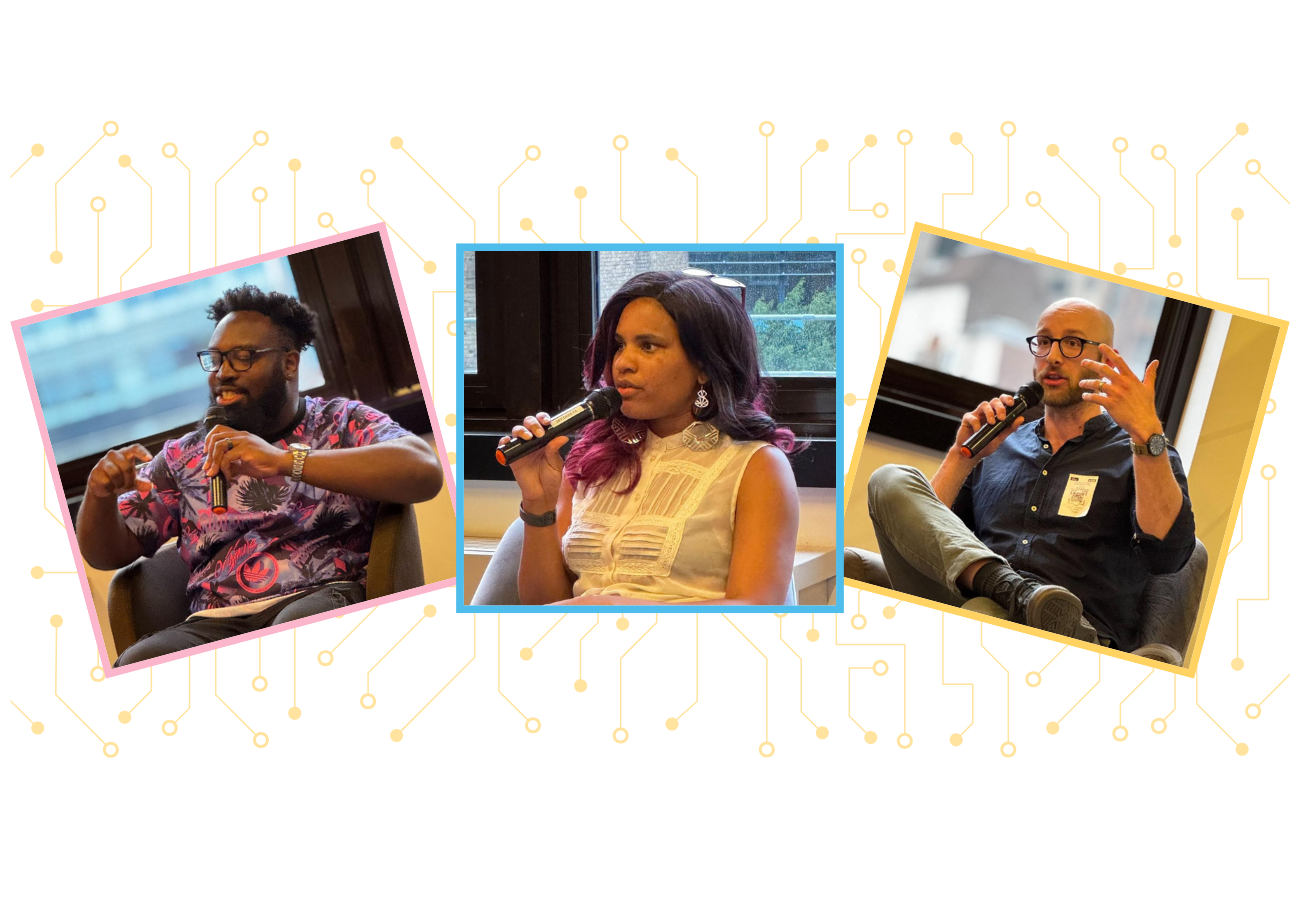Search is changing fast. Some traditional SEO tactics don’t always work like they used to, and it’s no wonder marketers are asking whether we should change our tactics or keep doing more of the same.
At the recently held Sip & Search SEO meetup, I invited Ryan Law from Ahrefs, Crystal Carter from Wix, and e-commerce consultant Luke Carthy to unpack what’s going on.
In this recap, you’ll get their honest takes on declining traffic, outdated tactics, and the strategies you’ll need to stay ahead in an AI search world.
Organic traffic decline
What are the best ways to drive traffic outside of search engines?
Crystal Carter:
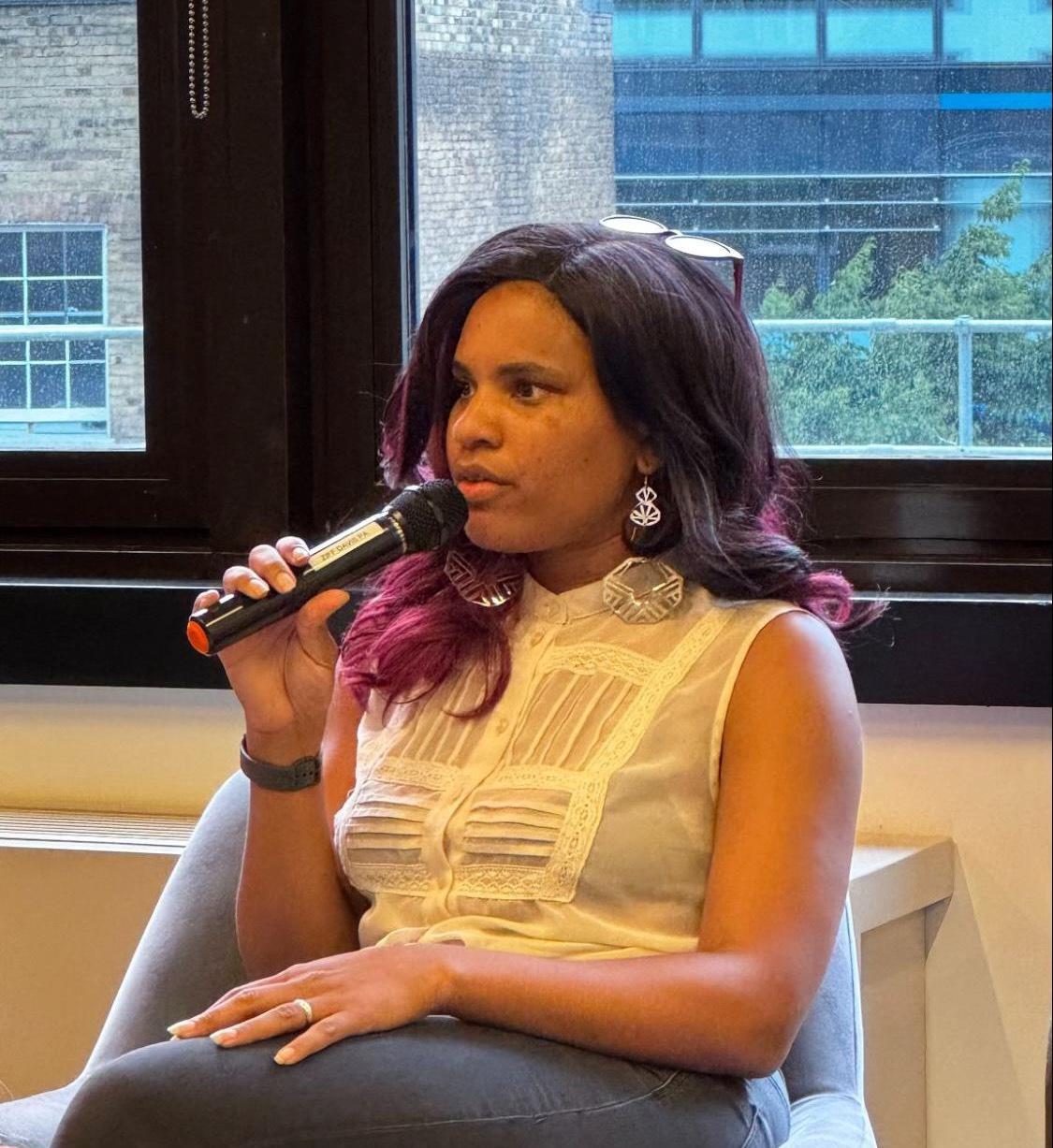
Images by Didi Inuk
I’ve always been a big proponent of being where your users are, because your users are not only on Google.
For example, if I want to go to dinner, I don’t just check a restaurant’s Google Business Profile. I’ll go to TripAdvisor, look at photos from the business and other customers. Then I’ll head to Instagram or TikTok to see what reviewers have said. A lot of users do the same. You can’t expect people to only use Google to find answers.
Good SEOs have always looked across multiple channels, even before AI Mode and LLMs. It’s not just better for SEO because it helps you improve conversion rates and understand what your users want.
Not every channel will matter equally. For example, if you’re in software, TikTok or Pinterest may not be the right fit, but Reddit or Stack Overflow could be excellent sources of visibility and engagement.
Find out where they spend their time and show up with useful, high-quality content that fits each platform. You don’t need to be everywhere, but you do need to be consistent and intentional.
The relevance of traditional SEO
Which SEO tactics are still useful, and which ones should we bin?
Ryan Law:
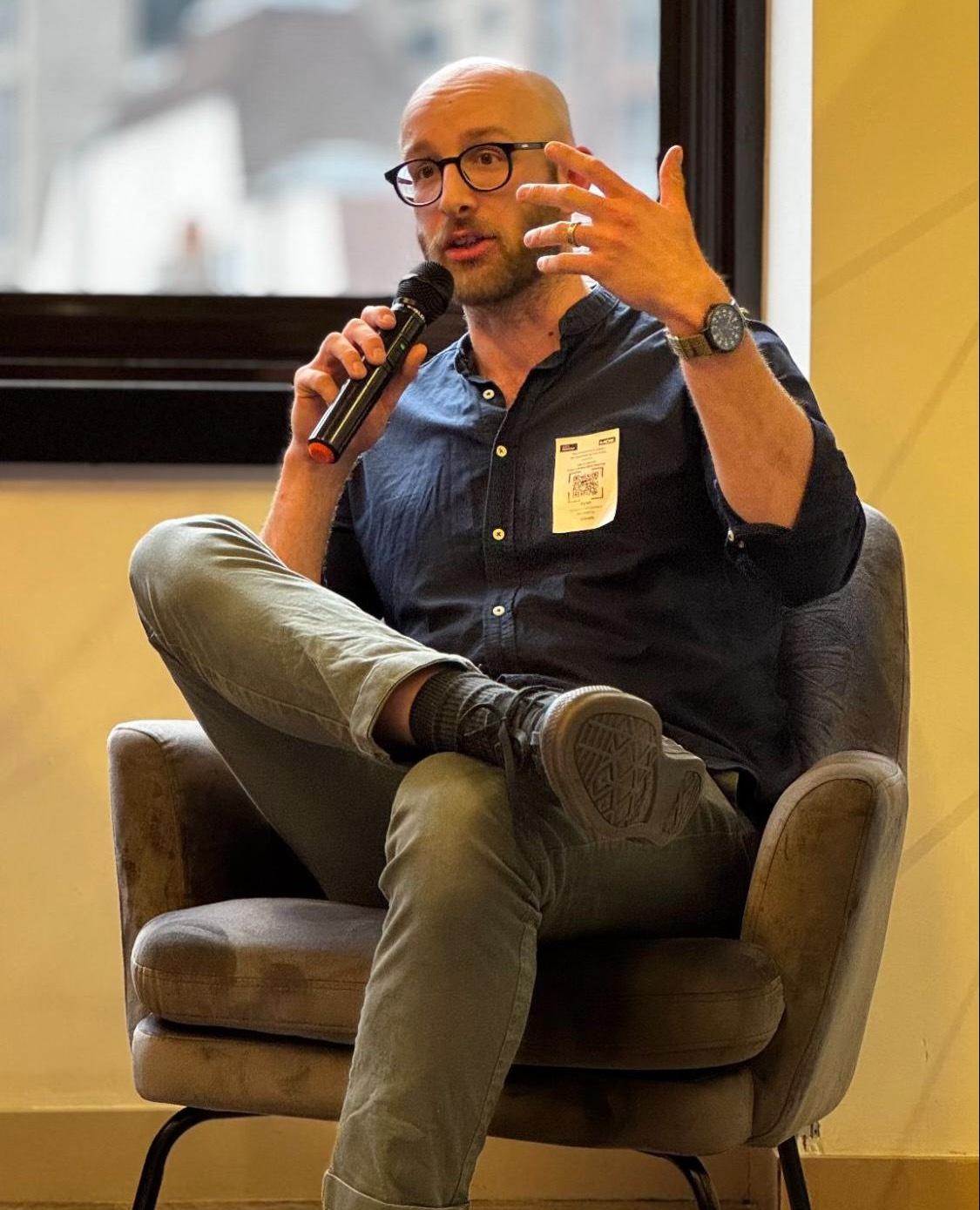
Images by Didi Inuk
It’s easy to panic and think, “Search is dying, clicks are down, and SEO is over. Shoot, we have to optimize for LLMs now.” But the thing is, many LLMs rely on search engines to improve their answers.
They use grounding and retrieval-augmented generation (RAG) to pull data from traditional indexes like Bing, Brave, and Google. So, if you already rank well in search, that still helps your visibility in LLMs.
The fundamentals still work:
- Create useful content
- Earn links and brand mentions
- Stick to technical SEO best practices
However, some tactics won’t carry over. At Ahrefs, we get 5 million monthly page views from our programmatic pages ranking the world’s most visited URLs. That traffic is great for traditional search but barely moves the needle for LLMs because it’s not the kind of content people ask for in those environments.
So yes, keep doing SEO. But if you care about LLM visibility, focus on content that’s useful in conversational search, not just content that performs well in traditional rankings.
Do you think traditional SEO is becoming obsolete?
Emina Demiri, Head of Digital Marketing at Vixen Digital
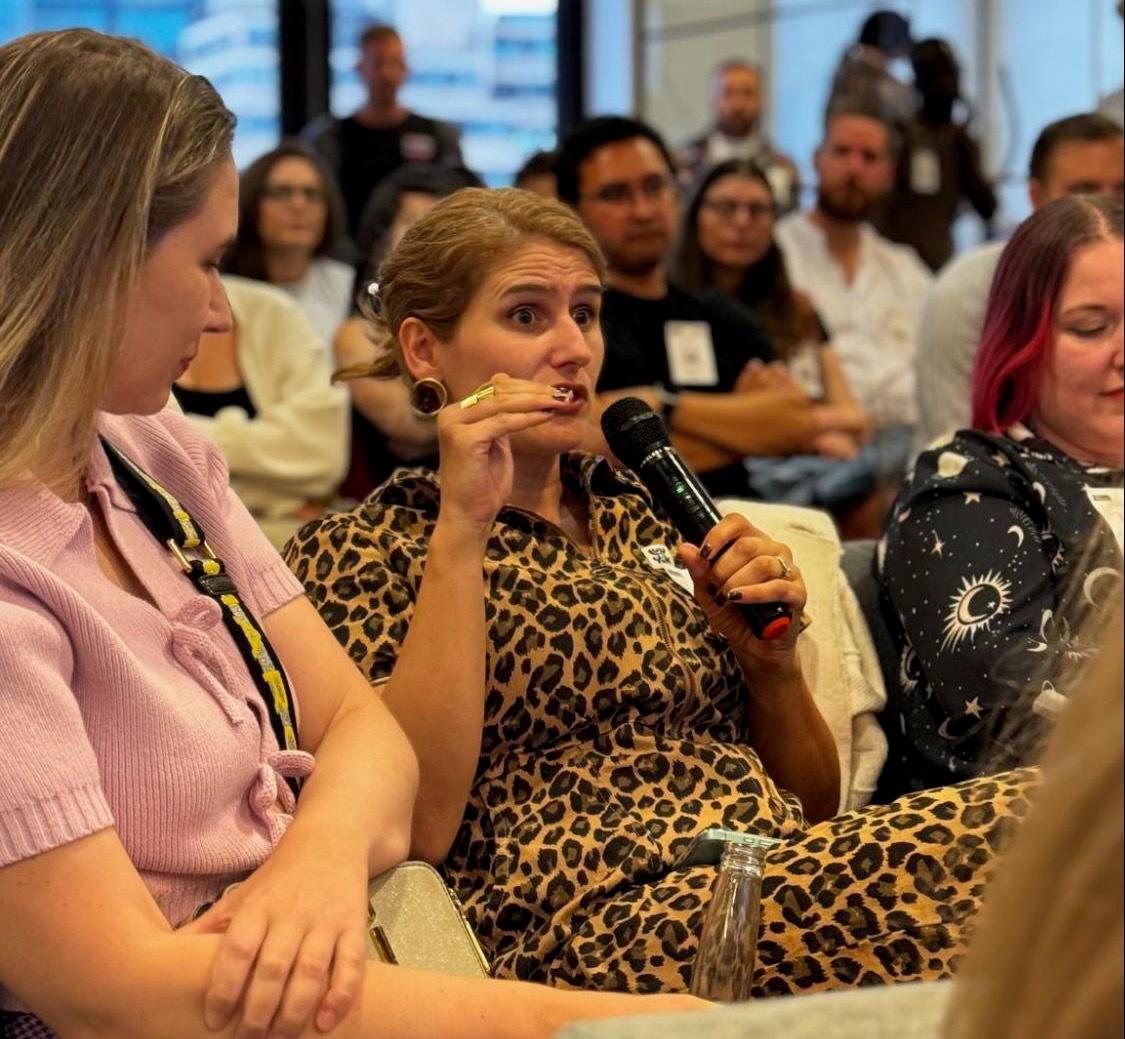
Images by Didi Inuk
No, because it never really existed the way people thought. The fundamentals haven’t changed, but what’s shifting now is that vanity metrics and isolated silos no longer work. We should have updated our strategies a long time ago instead of waiting for Google to strip traffic.
SEO isn’t obsolete. The real issue is that our definition of SEO was never that traditional to begin with.
Tom Capper, Senior Search Scientist at Moz
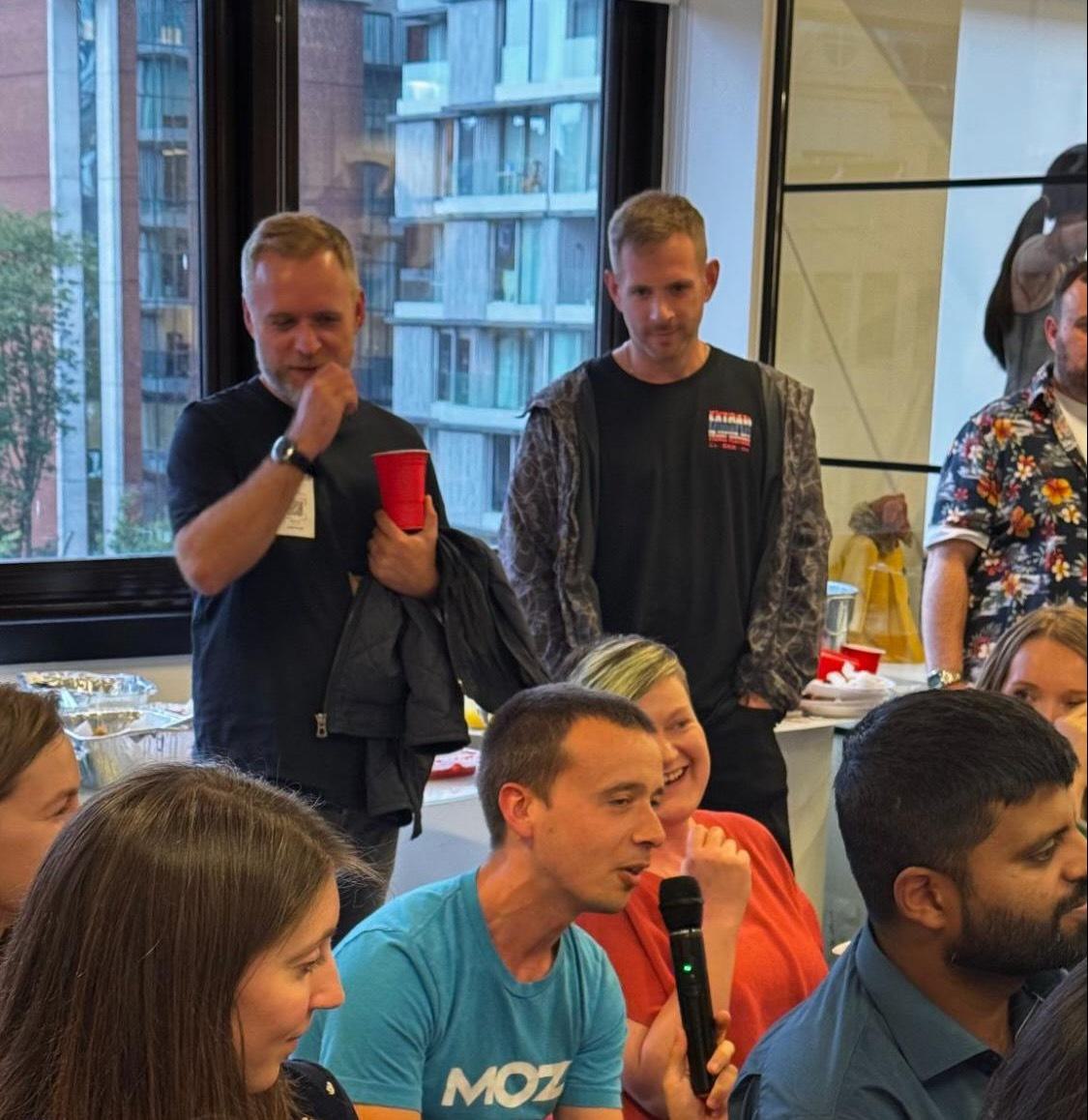
Images by Didi Inuk
If we’re being honest, traditional SEO died around 2018.
That’s when it stopped being possible to win just by doing one thing well. You couldn’t just publish great content, build links, or optimize technical elements and expect to dominate. SEO stopped being siloed, and so did success.
Today, you need more than just SEO to rank for competitive terms. You need Brand Authority and some kind of relationship with your customers. Google has been moving in this direction for a decade, and traditional SEO hasn’t survived that shift.
PS: I wrote an op-ed on this topic that you should definitely check out.
AI Search and LLM visibility
What are the signals that influence LLM visibility
Crystal Carter:
If you want to show up in LLM responses, the same basic principles still apply, just more deliberately.
Brand mentions are critical, SERP rankings help, and structured data influences what appears in AI search.
There’s been some debate, but schema markup absolutely plays a role. LLMs like ChatGPT pull from SERP content, and schema shapes what shows up there. OpenAI has even stated they look at schema markup for shopping integrations, so it’s essential, not optional.
Beyond that, entity clarity is critical. You need to understand what entities are associated with your brand and how to make them distinct.
For example, if I say “Steve McQueen is a man known for his films,” that could refer to two people.
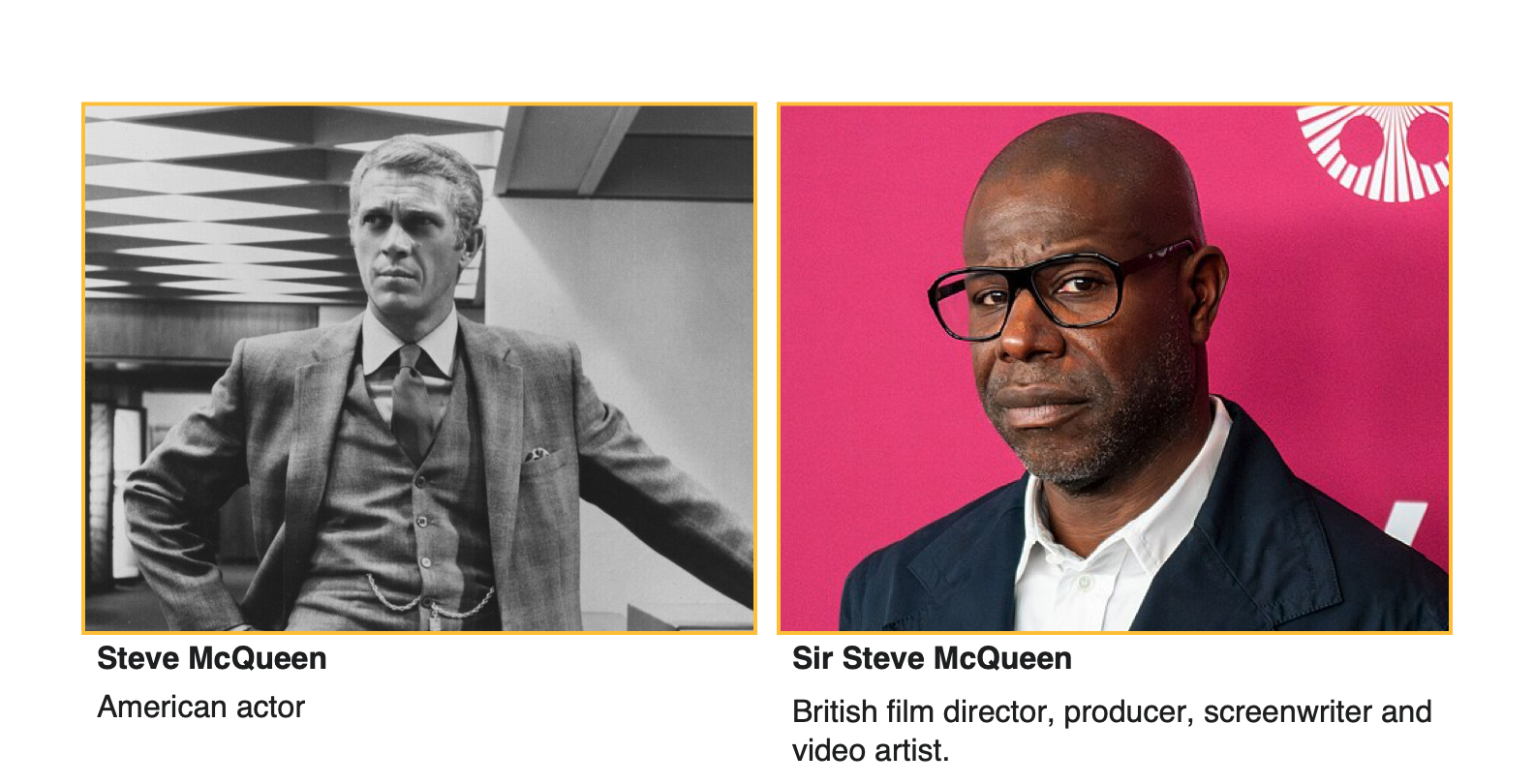
Image sources: Wikipedia and Bryan Berlin.
But if I say “Steve McQueen, the Academy Award-winning Turner Prize director known for his films,” now it’s clear who I mean. That’s the level of specificity you need.
I recently spoke with an agency friend, and they complained that they weren’t showing up in ChatGPT or Google SERPs. When I investigated, I discovered that their website was a replica of every other agency. They used sentences like “award-winning digital agency” with no unique identifiers, and that’s not helpful for LLMs.
To increase your chances of appearing in LLMs, you need to:
- Define your services in specific terms (e.g., “Wix developer based in Kent” instead of “web agency in the UK”)
- Use entities that differentiate you, such as education, location, specialties, and platforms
- Earn mentions from sources aligned with your expertise (a developer mentioned in Wired makes sense; in Better Homes and Gardens, not so much)
PS: If you’re interested in learning more about LLM and AI search, Tom Capper is delivering a presentation at MozCon London where he explains what an AI-SERP future might look like and how you can prepare for it. Get your tickets for only £350.
How can we create evergreen content that competes in an AI-first world?
Ryan Law:
Honestly, some of the content strategies aimed at LLM visibility right now are a mess. I’m seeing 20,000-word content crammed with keywords and entities, hoping to get cited by LLMs. And sometimes, they do. But even if someone clicks on that mess and lands on your machine-optimized page, they’re not buying anything.
What works now and will still work five years from now is original, useful, and hard-to-replicate content.
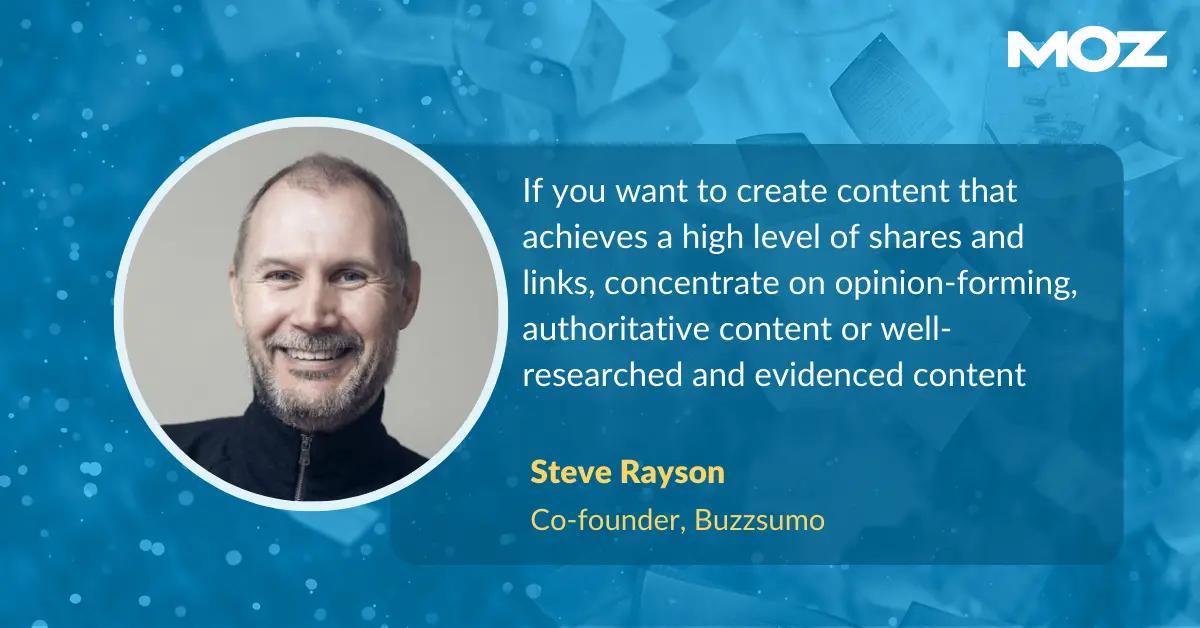
Image source: An analysis of 1 million articles
At Ahrefs, we invest heavily in research and experimentation because we want to be the primary source, not a secondary interpreter.
For example, our second most popular blog post of the past year was original research on AI Overview click-through rates that generated over 100,000 clicks. It was successful because it validated a suspicion most SEOs already had that Google was stealing clicks with AI features.
To build evergreen content that stands out in an AI-first world:
- Go beyond common knowledge that AI can generate
- Share first-hand experience
- Focus on quality over keyword stuffing
- Build affinity with entertaining content that leaves your audience wanting more
You don’t have to be the only one saying something. But you need to say it better, differently, or with insight nobody else has. Think of it like Macbeth—there are endless versions, from Shakespeare to puppet theater, but the difference is in the delivery.
PS: If you want to learn how to write addictive content that builds affinity, come see me live at MozCon London, where I'll share my toolkit.
Steal Chima's toolkit for writing addictive content
Only at MozCon New York

UGC platforms like Reddit appear to be the biggest winners of AI search. Should we create a channel-specific strategy for these forums?
Ryan Law:
Yes, but with a big caveat.
Reddit appears everywhere in LLM results. Regardless of which model or AI search feature is used, Reddit consistently appears as one of the most cited domains.
So, if you’re active on Reddit, you increase your chances of being visible in LLM-generated responses across various queries.
But the problem is that Reddit hates marketers. And honestly, they have a good reason. Spammy, self-promotional content has ruined many platforms, and Reddit is particularly aggressive about pushing back.
You can’t just drop links or plug your product and expect results. Instead, you have to show up as a real contributor. At Ahrefs, for example, Patrick Stox runs the TechSEO subreddit. It’s a massive time commitment, but he’s built a valuable space that leads to positive mentions for us.
Even our CMO, Tim Suolo, jumps in yearly to ask for product feedback. It’s not always flattering, and the comments can be brutal, but it’s real engagement that builds trust.
If you want Reddit to work for your brand:
- Become part of the community, not just a promoter
- Offer value and participate consistently
- Expect to invest time because you can’t hack your way in
What’s one opportunity in AI search that excites you right now?
Rejoice Ojiaku, Co-Founder at B-DigitalUK:
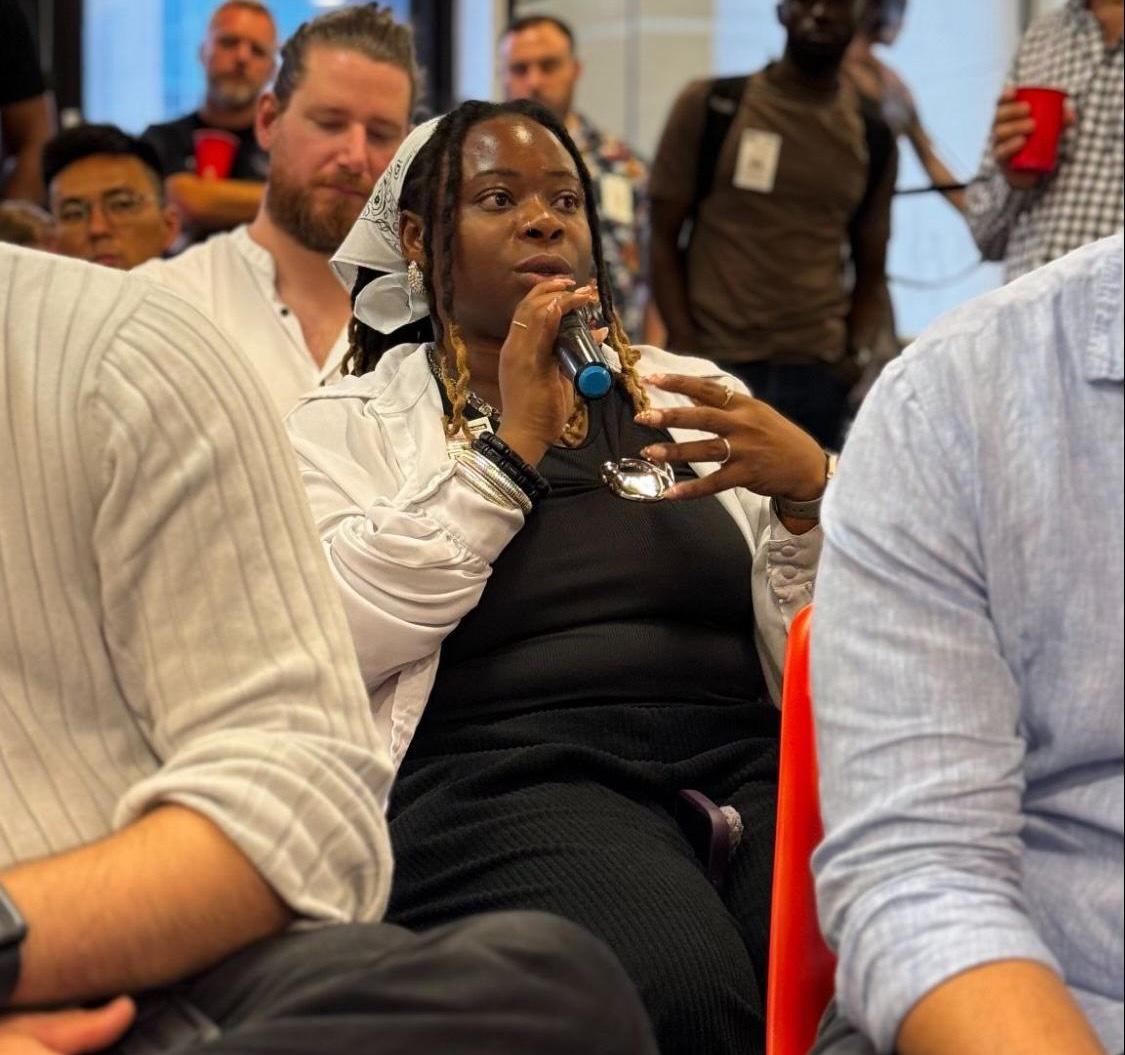
Images by Didi Inuk
We’re exploring AI agents that mirror brand voice, tone, and customer journey for B2B thought leadership. These agents act like creative co-pilots, helping us respond to crises, create content at scale, and inject personality into what’s often a very dry space.
Dave Cousin, SEO and Migration Consultant at DavetheSEO:
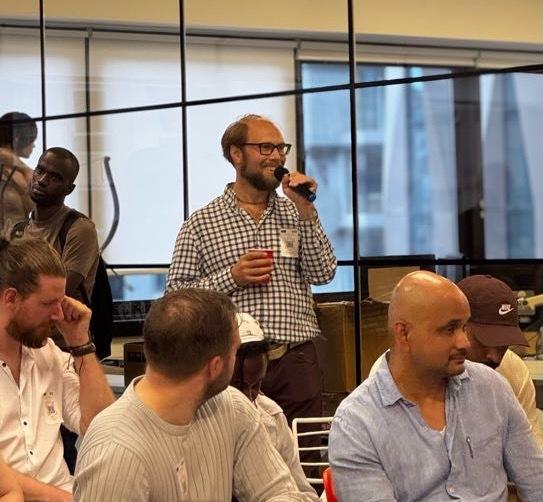
Images by Didi Inuk
What excites me is the potential for AI shopping agents. Imagine using ChatGPT or Claude to say, “Find me the best deal on this product based on my needs.”
It could crawl hundreds of websites, weigh options, read reviews, and give you one perfect recommendation without visiting a single store or marketplace. We must prepare for a world where AI does the browsing and the buying.
What KPIs are you using to measure success in AI search?
Crystal Carter:
I’ve written about this in detail on the Wix SEO Hub, but here’s the short version: while many traditional KPIs still apply, AI search introduces new metrics we need to track more deliberately.
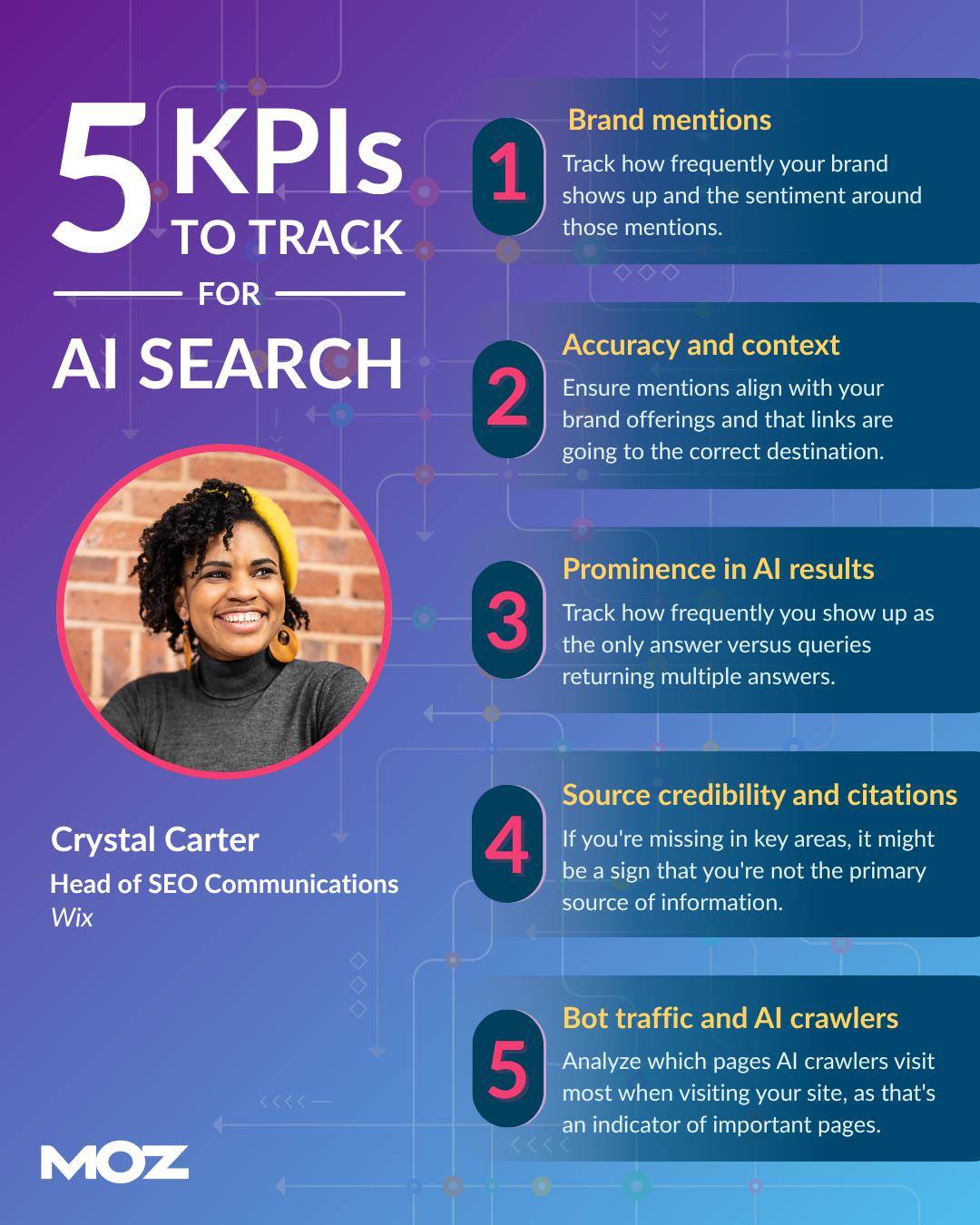
Here’s what I look at:
- Brand mentions: Track how often your brand shows up, in what context, and how prominently.
- Accuracy and context: Mentions are great, but you need to be mentioned in the right way for LLM visibility. For example, if someone links to your site, make sure the URL is correct. If you’re referenced in an answer, ensure the topic aligns with your offerings.
- Prominence in AI results: Showing up is good, but being the only answer is better. If a query returns multiple brands and you’re one of them, that’s solid visibility. But when you’re the sole recommendation, that’s top-tier presence.
- Citations and source credibility: Some tools let you see how often your website is cited. If you’re missing in key areas, ask why. It often ties back to not being a primary source or lacking unique content, which John Iwuozor discussed in this article.
- Bot traffic (AI crawlers): Track how often AI bots like OpenAI’s search or training bot visit your site. Our AI visibility report on Wix shows this clearly. For example, we noticed search bots hit the home page way more than other pages, like 12,000 vs. 4,000 times, which tells us where LLMs are prioritizing.
PS: One more metric worth tracking for AI visibility is the Brand Authority metric developed by Moz. It measures the overall strength and influence of a brand online and considers aspects like brand mentions, social signals, backlinks, and how prominently the brand appears in search results for relevant queries.
Social shopping and CRO
How can we do a better job of converting traffic so revenue doesn’t suffer, even with declining clicks?
Luke Carthy:
It’s time to decouple traffic from revenue. SEOs and paid marketers obsess over CTR, but what matters is money coming in.
Take TikTok Shop; people are selling directly on the platform without websites, and it’s happening outside of Google.
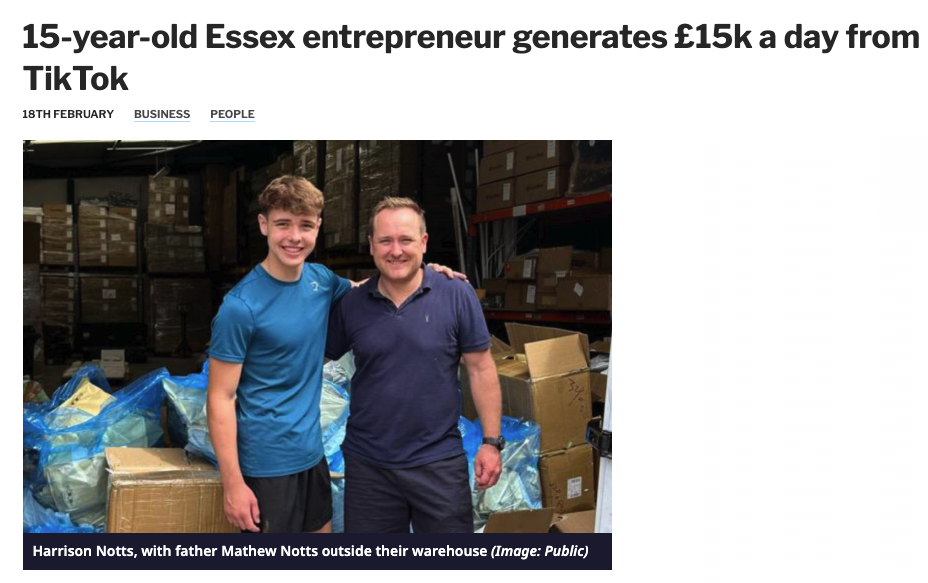
Image source: maldonandburnhamstandard.co.uk
Use tools like SparkToro to identify what platforms your audience spends time on. Put yourself in the customer’s shoes and follow their behavior. Search Google, scroll TikTok, and dive into Quora.
Then, match your content to the platform. For example, if someone lands on your site from Reddit, show them a custom landing page, discount code, or a bonus for finding you through that channel.
We already do this with paid, so why not apply that same thinking to organic and social? Channel-specific content converts better, and it’s how you make the most of the traffic you still get.
PS: If you’re worried about declining conversion, Rebecca Jackson is sharing the blueprint she used to increase a client’s conversion rate by 150%. You can only see this talk at MozCon London. Here’s a discount code to purchase your tickets for only 350 GBP.
As search results become more visual and AI-curated, how should e-commerce brands rethink product page optimization?
Luke Carthy
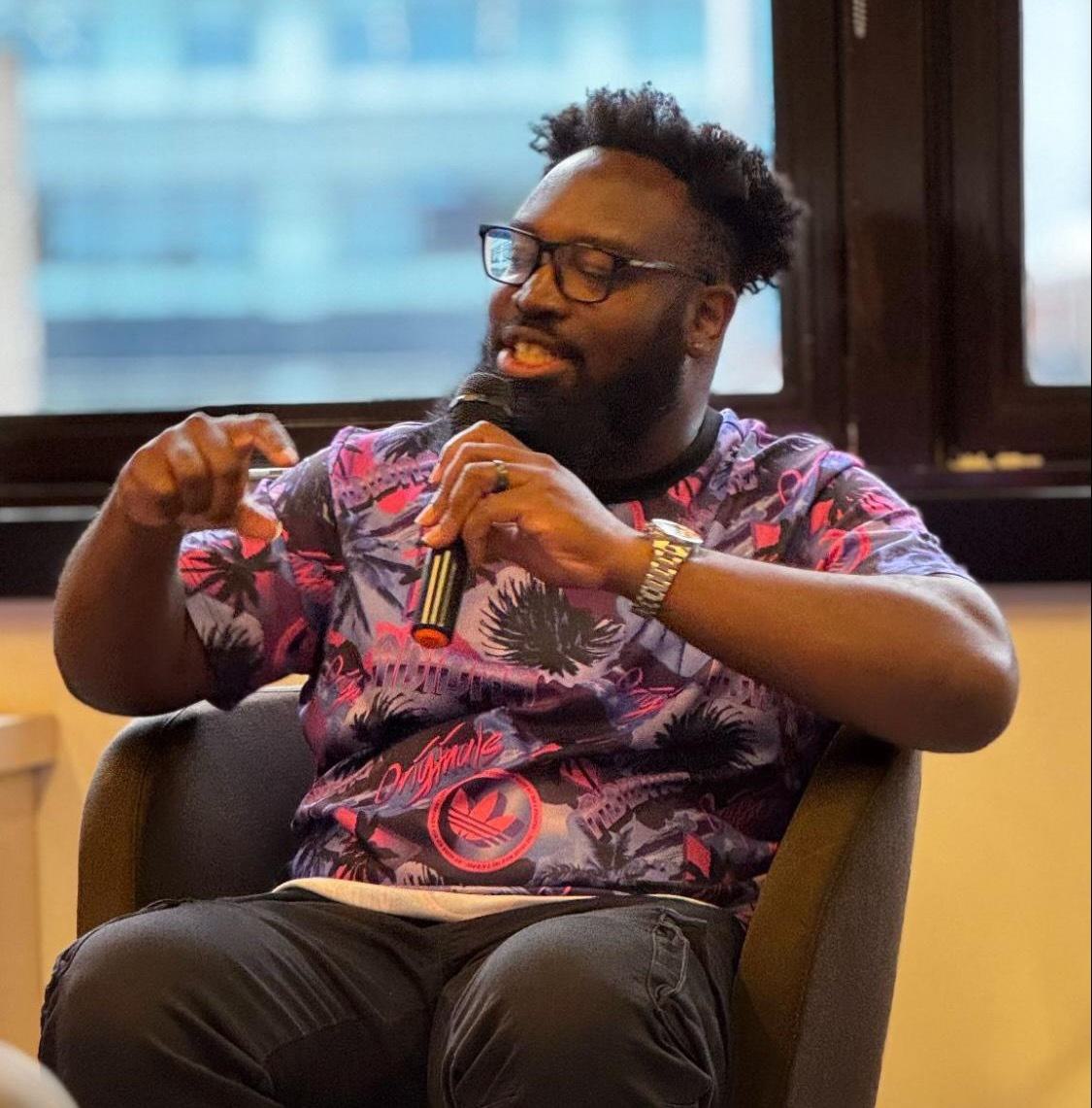
Images by Didi Inuk
Instead of obsessing over product page optimization, think about product pages in places outside your site. Clicks are declining, and traffic sources are diversifying in response.
Social shopping is huge right now, and I predict platforms like Shopify will feel more pressure to create TikTok-style experiences, possibly through partnerships with Meta.
In fact, social commerce and live shopping are already dominant in parts of Asia, and that trend is coming here, too.
According to eMarketer, live commerce in China generated $562 billion in sales in 2023 and is projected to reach $843 billion by 2025, accounting for nearly 20 % of the country’s total e-commerce.
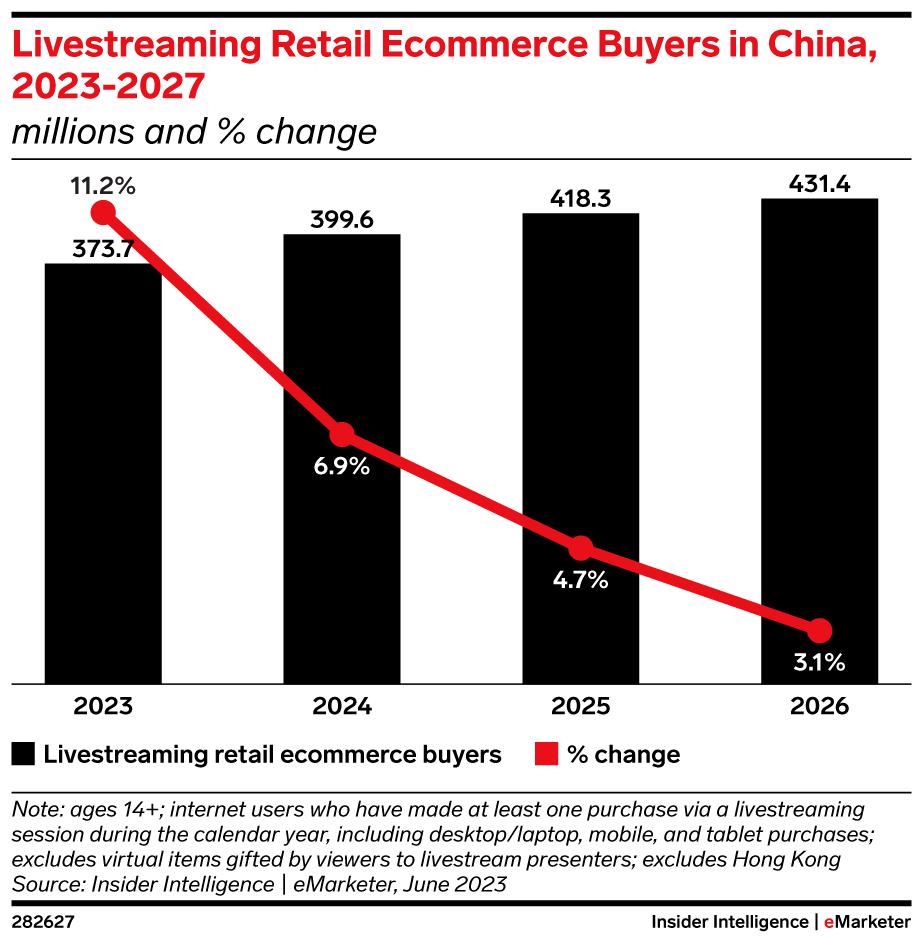
Source: Insider Intelligence| eMarketer
The opportunity is in the platforms your competitors aren’t using yet, and this means going beyond Amazon and eBay to emerging social shopping platforms.
To answer your question directly, I’d say make it easier for people to buy from you. It sounds simple, but in 2025, I’m still telling clients their mobile product pages are a mess.
Here’s my advice:
- Buy something from your site
- Use a debit card, and go through the entire process
- Look for friction to see what’s slow, confusing, or annoying
- Fix that
You’d be surprised how clunky your experience might be because you’re too close to it and stop seeing the problems.
If you’ve enjoyed Luke Carthy’s perspectives, there’s more coming. Luke is speaking at MozCon London, where he’ll share how to measure conversion throughout the funnel, not just at the last click. Use this discount code to get your MozCon tickets for only £350.
Get Luke Carthy's attibution model at MozCon London

Conclusion: SEO isn’t dead; it’s just evolving
The fundamentals of great content and technical SEO still matter. However, visibility also depends on brand mentions in the right context, sentiments, and entity associations.
Marketers who build visibility across multiple platforms and create original, helpful content will lead the charge.


